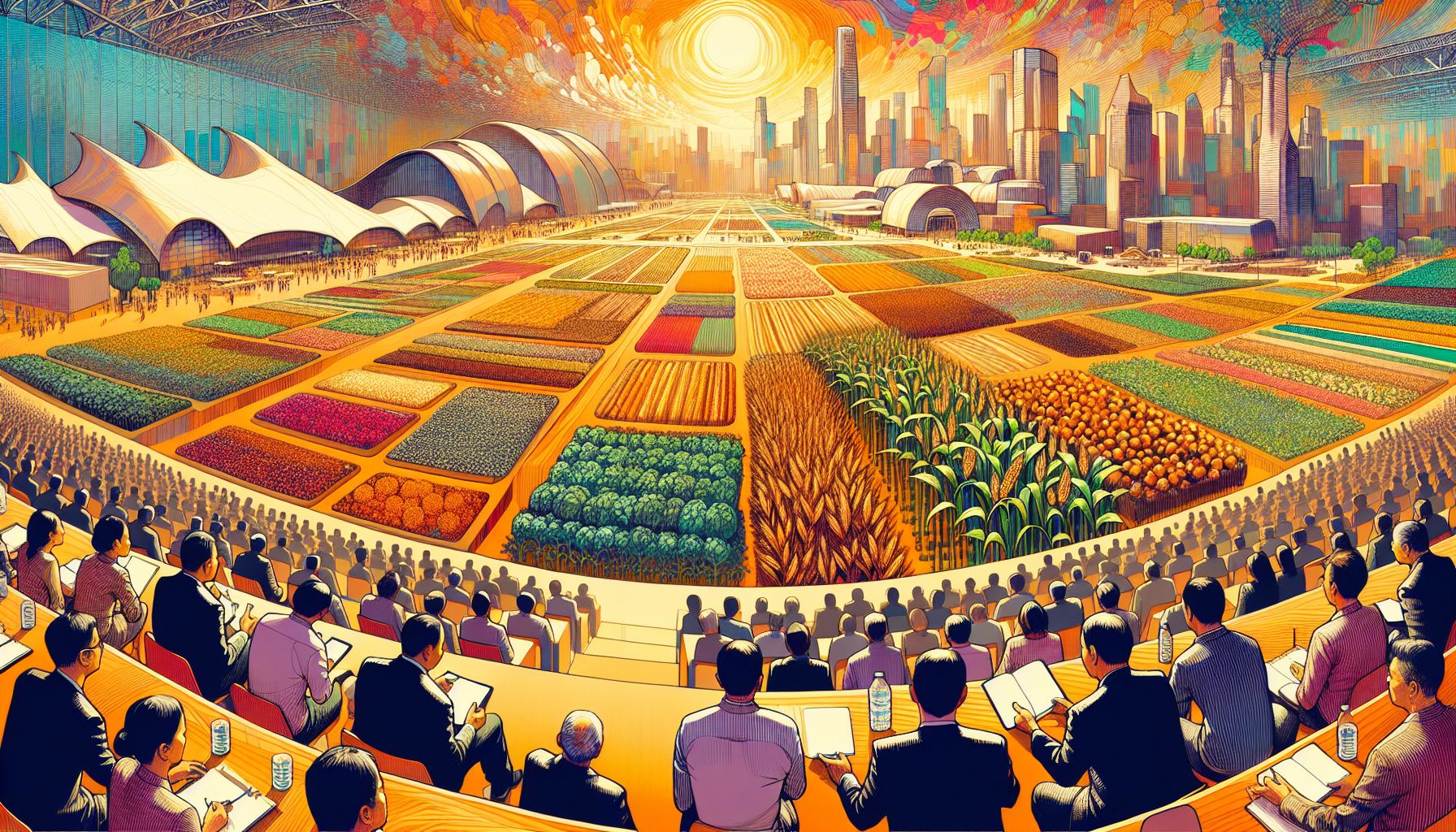Singapore Leads Global Agri-Food Innovation for Climate Resilience

Singapore, Wednesday, 16 April 2025.
The Asia-Pacific Agri-Food Innovation Summit 2025 in Singapore showcased cutting-edge agri-tech solutions and strategies, bringing together global leaders to drive sustainable and resilient food systems.
Innovative Approaches in Agri-Food Technology
This summit marked a significant convergence of technological innovation and policy leadership aimed at revolutionizing food production. Technologies such as vertical farming were at the forefront, promising efficient food production by maximizing crop yields using controlled environments. This approach minimizes dependency on external climate conditions and enhances food security by maintaining year-round production cycles. Furthermore, vertical farming reduces transportation costs and carbon emissions by situating farms closer to urban centers, thus increasing the freshness of produce delivered to markets [1].
Leading Technological Advancements
The Chitose Group is pioneering efforts in enhancing sustainable agriculture practices through its global expansion of seaweed production. This initiative is particularly transformative in Singapore’s agri-food sector, with the company’s plans to achieve an annual production capacity of 100,000 metric tons by 2025. Chitose Group, based in Japan, collaborates with local farmers to integrate seaweed farming within existing agricultural frameworks, thereby addressing the decline of arable land while delivering environmental benefits [1][2].
Sustainability and Climate Resilience
The summit highlighted not only technological innovations but also the importance of partnerships in ensuring sustainable food systems. CGIAR, in collaboration with the ASEAN region, emphasized the necessity of adopting scientific advancements and fostering regional cooperation to combat climate change challenges. This collaboration is expected to bring forth sustainable solutions that enhance food security in the face of climate threats [3][4].
Collaborative Efforts for a Sustainable Future
The summit served as a pivotal platform for forming partnerships between public and private sectors. The discourse focused on leveraging these alliances to catalyze innovations in the agri-food industry. Participants agreed that such cross-sector collaboration is vital in promoting resilience and sustaining productivity in global food systems. By harnessing collective expertise and resources, these partnerships aim to create impactful and enduring solutions to the pressing challenges of food security and environmental sustainability [3][5].